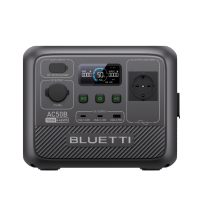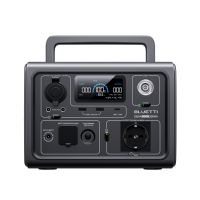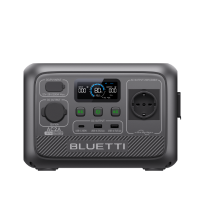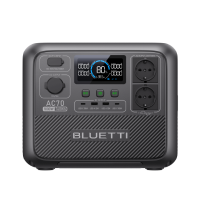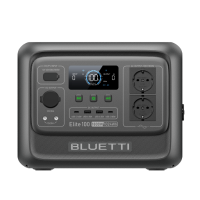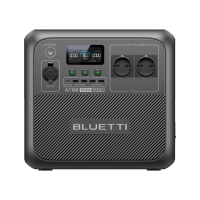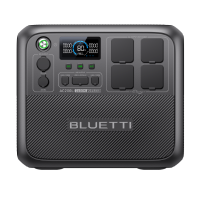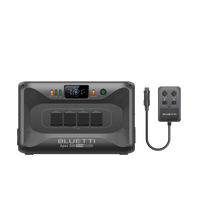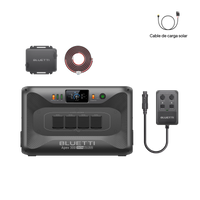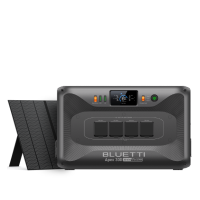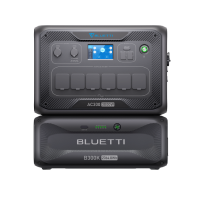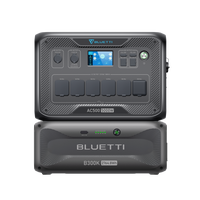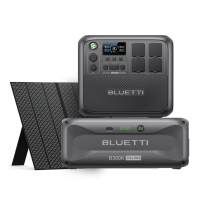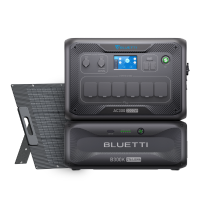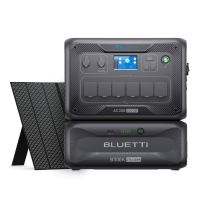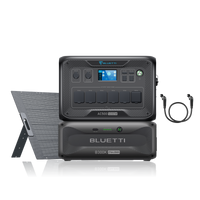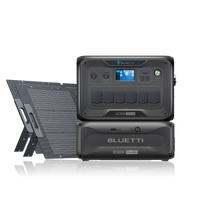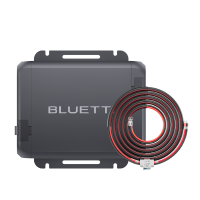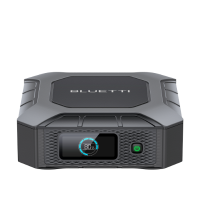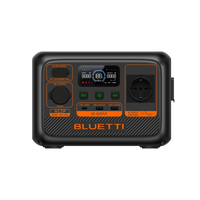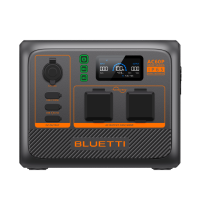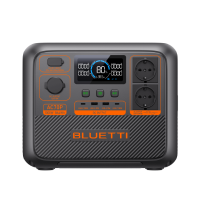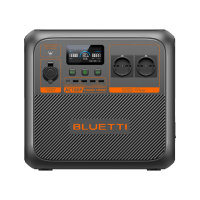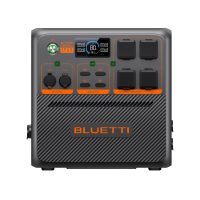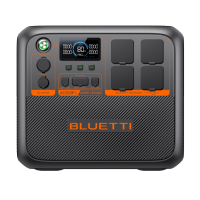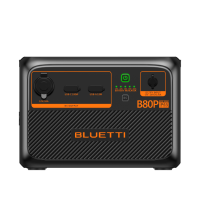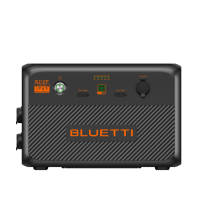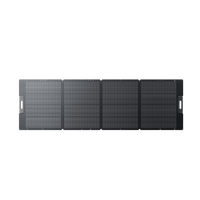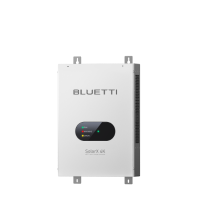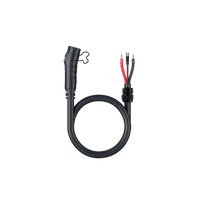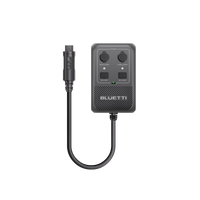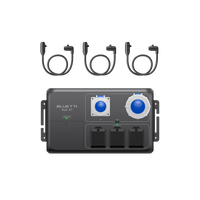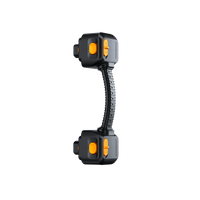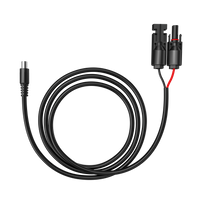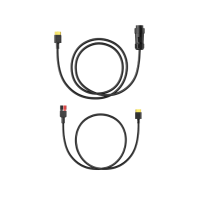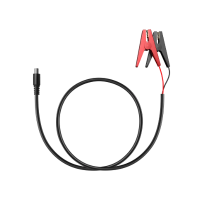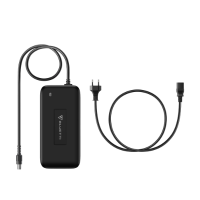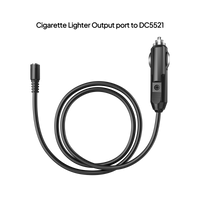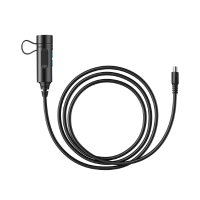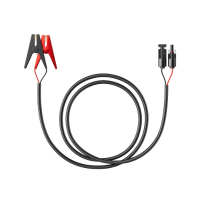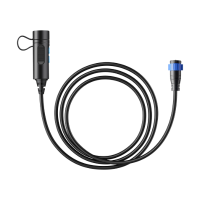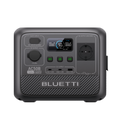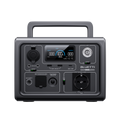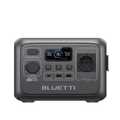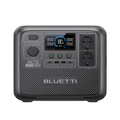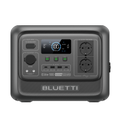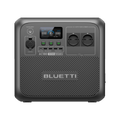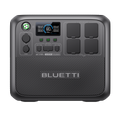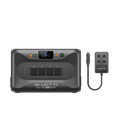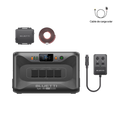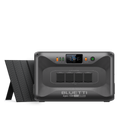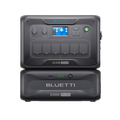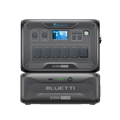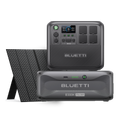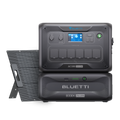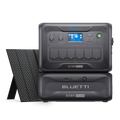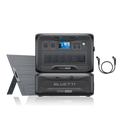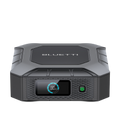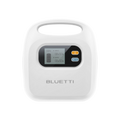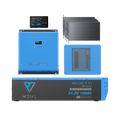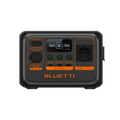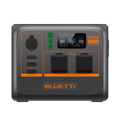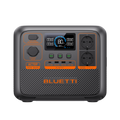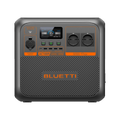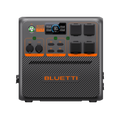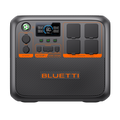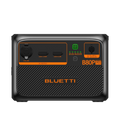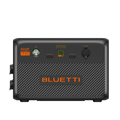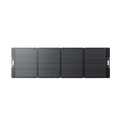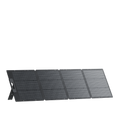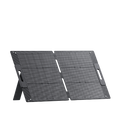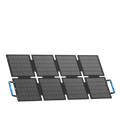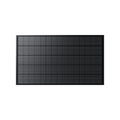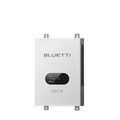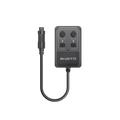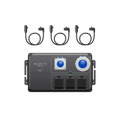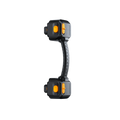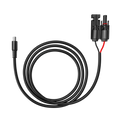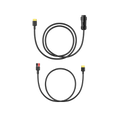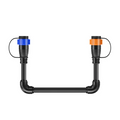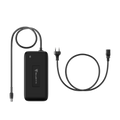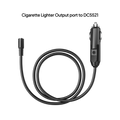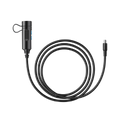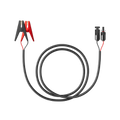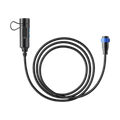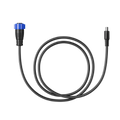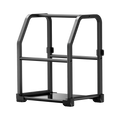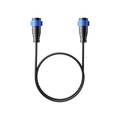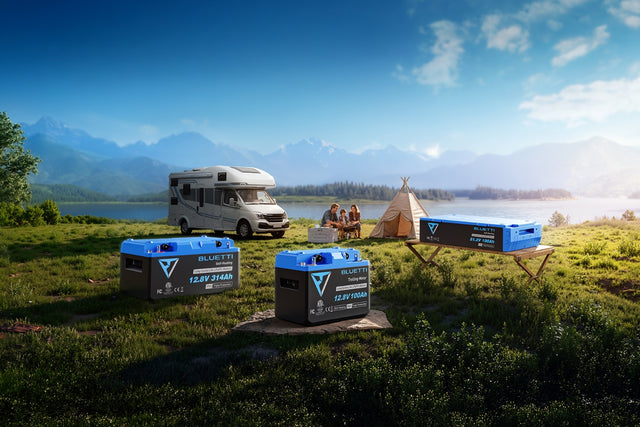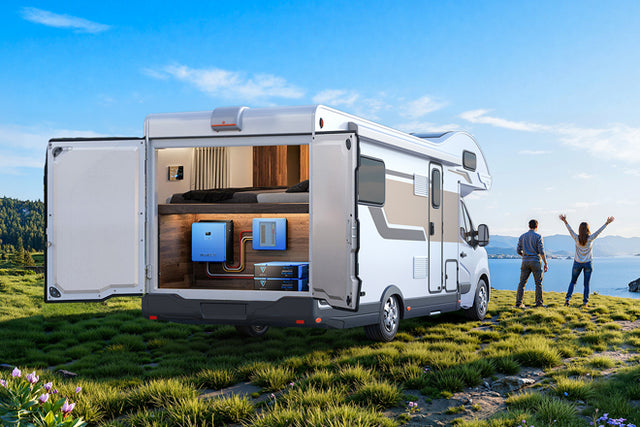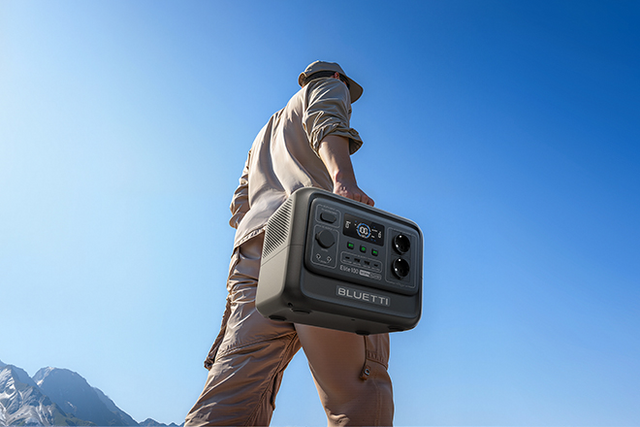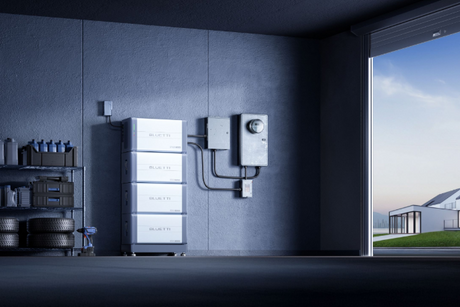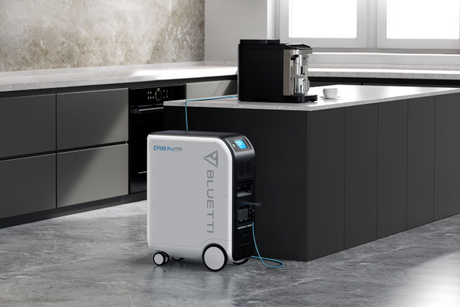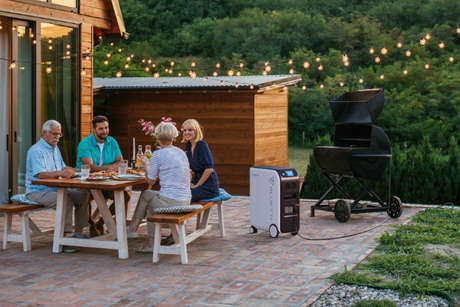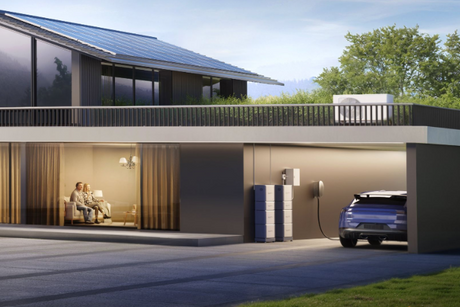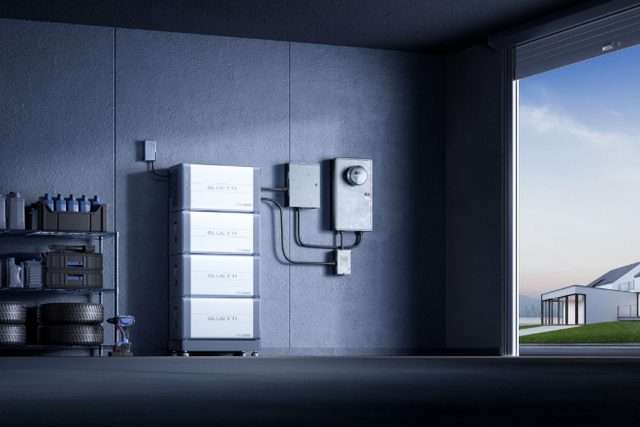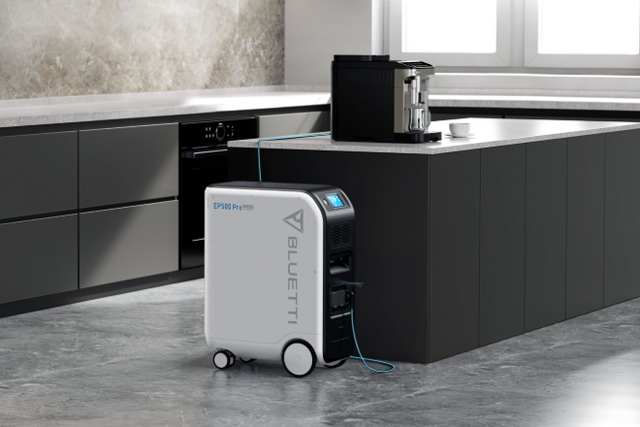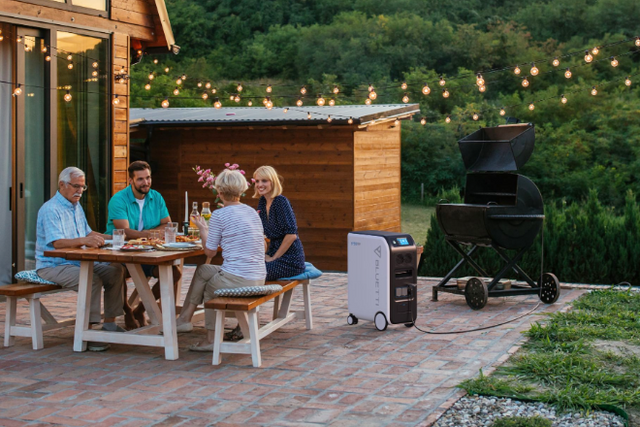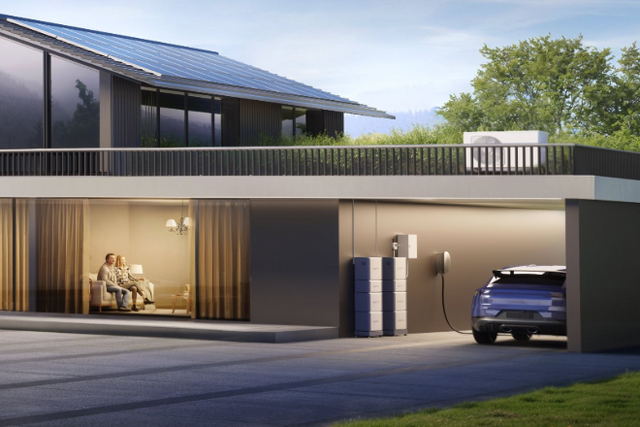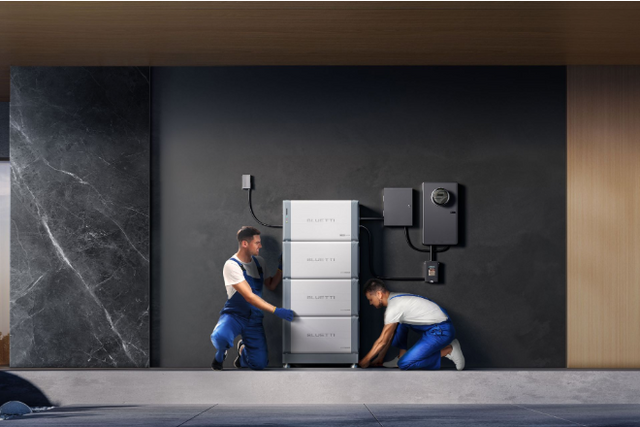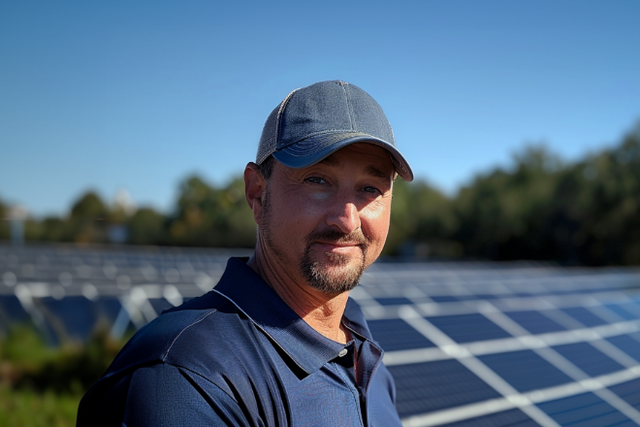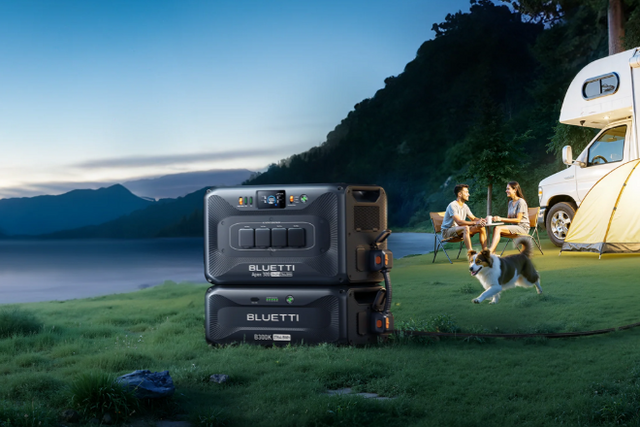If you are considering installing solar panels, it is essential that you choose the type of inverter that you are going to use. And it is that the inverter, also known as solar inverter or photovoltaic inverter, is precisely one of the fundamental and most relevant components of any photovoltaic installation
In today's post we are going to clarify what an inverter really is, how it works and most importantly, how you can choose an inverter solar properly. Do not lose detail!
The first thing you should know is that a solar inverter or photovoltaic inverter is a converter that is responsible for carrying out the following mission within a photovoltaic installation: transform the direct current received by the solar panels into alternating current. In other words, it plays a determining role in the proper functioning of the complete installation, and thanks to it, it is possible to obtain the current that we commonly use at home or that we store in batteries.

How does a photovoltaic inverter work?
If you are wondering how it is possible for us to obtain electricity through an inverter, you should know that the process is simpler than it seems. We'll explain it to you!
First of all, solar panels receive sunlight. And it is from this moment, in which the electrons move inside the solar cells, when continuous electricity begins to be produced
The next step is the storage of all that energy within the circuits of the solar cells. And at this point the solar inverter or photovoltaic inverter comes into operation, which converts all that received energy, direct current, and converts it into the type of energy appropriate for the daily energy consumption of homes , alternating current.
In this way, with the alternating current obtained, all electrical appliances and electronic devices that are connected in the house are powered (and the energy that is not used, can be stored in batteries).

Types of solar inverters
Basically, for home use, the three most commonly used types of solar inverters or photovoltaic inverters are: string or chain inverters, microinverters and power optimizers
These three types of inverters require connection to the electrical network, but you should know that there is another type of inverter that does not require a connection to the network because they work through batteries.
In the latter case, we refer to the inverter chargers (which have a charger connected to the network as an auxiliary power source to charge the accumulators in the cloudy days or high consumption); inverters for isolated photovoltaic installations, that is, they are not connected to the electrical network; and hybrid inverters.

Which solar inverter to choose?
When deciding the type of inverter to include in our photovoltaic installation, it is essential to focus our choice on the following factors:
Power
The first thing you should look at is what power you have installed, that is, what is the power of your solar panels. Well, it is necessary that the resistance of the inverter be adequate to withstand the energy sent by the solar panels .
In addition, if you plan to extend your photovoltaic system in the future, it is best that you choose
On the other hand, if you already have different solar panels installed, that is, if you have some solar panels that are older than others, it is convenient that you choose an inverter that does not limit the power to the solar panel with the lowest performance (in this case, it rules out the string inverters).
Location of solar panels
Another factor that you must take into account when choosing the inverter for your photovoltaic system is the inclination and orientation of the solar panels.
In this sense, the ideal is to arrange the panels in the most optimal way to capture solar energy, avoiding them from being shaded. In addition, although solar panels are really capable of obtaining solar energy in any location, orienting them towards the south is usually the best .

Budget
Before deciding on one inverter or another, it is best to calmly analyze what really the type of inverter your solar installation needs. Also, keep an eye on your budget. Keep in mind that the more advanced and more features the solar inverter or photovoltaic inverter you choose has, the more expensive it will be.
And that's it for today's post! Now that you know what an inverter is, how it works and the keys to deciding which one to install, it's your turn to choose a solar inverter and enjoy your clean and self-consumption energy!
Shop products from this article
You May Also Like

De la Gran Vía a la Aldea de Santa: los 6 mejores destinos para viajar en Navidad en 2025

¿Cuál es el mejor aire acondicionado portátil para este verano? Opciones sin instalación, sin tubo y con energía solar




